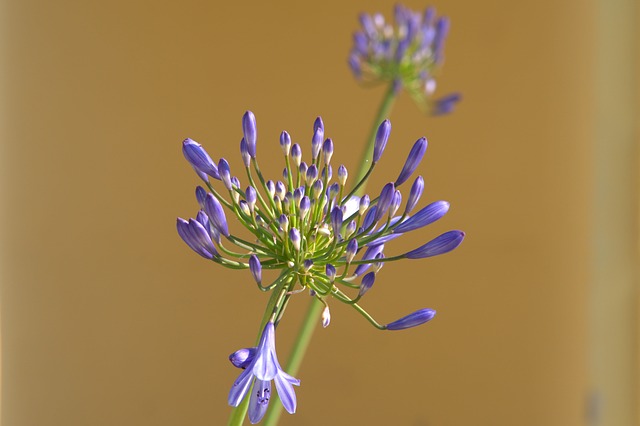
All it takes to grow an organic garden is a few natural growing methods. You just need to learn what you can do, and then do it.
Starting seedlings in pots before planting in your garden is a smart idea. Your plants will be more likely to mature this way. This method also gives you the freedom of tightening time periods between each planting. When you remove your mature plants, the next batch of seedlings should be ready.
In the cold winter months, you can salvage certain plants by bringing them into the house. You can save the ones you spent the most money on or the ones that are resistant. When you dig up the plant, carefully avoid the roots then place it in a container.
Make sure your soil is healthy enough before you start planting anything. You can obtain a soil analysis for a nominal fee. Using that report, you can amend your soil as needed for a thriving garden. Many Cooperative Extension offices will provide this service, and it is well worth knowing exactly what the soil needs to avoid ruining a crop or two.
Make sure to be weary of stink bugs whenever you garden, particularly during the fall months. These destructive pests enjoy many kinds of fruit, as well as beans, peppers and tomatoes. If you don’t take care of them, they can decimate your garden, so it’s best to do all you can to get rid of them.
If your garden includes vegetables, make sure you plant them in a location whether they are exposed to sunlight for a minimum of six hours each day. Most vegetables require this amount of sun in order to grow properly and at a quicker pace. This is true for flowers as well.
If you are looking for an all-natural, organic way to weed your garden, consider “boiling off” the weeds. A boiling pot of water is one the best and safest herbicides you can find. Make sure to pour only on the weeds and to stay away from healthy vegetation. If you pour the water near your plants, it will kill the roots.
Allow enough room between plants for air to circulate, so that plants do not stay too wet. Moisture on the surfaces of your plants is an invitation to pests and illness. A fungus is one of the most important and debilitating parasites for plants. To control fungi, use a fungicide spray on the area before you notice any problems.
Start a new garden from seeds. When you begin a garden, it’s most eco friendly to do so with seed. Very few nurseries recycle the plastics that they use as containers for their plants, so the majority of these containers are thrown away and dumped in landfills. Therefore, it is better for the environment to plant a garden with seeds or to find a nursery that packages its plants using organic materials.
When gardening, don’t use any broad-spectrum pesticides. Broad-spectrum pesticides not only kill pests, but also “good” bugs like ground beetles that eat pests. Beneficial insects are more susceptible to toxic pesticides than their annoying counterparts, so a broad-spectrum pesticide could kill all of the good bugs first, allowing the population of bad pests to multiply. If this happens, you just fuel an expanding cycle of needing even more pesticides.
Try mixing various plants that have different heights to create an interesting garden setup. Plants that grow to be the same height end up uniform and flat looking.
Organic indoor plants may need additional light sources to make up for the light they miss out on by being indoors. This needs to be considered. If you live in a home or apartment that does not get great sunlight you may want to consider growing plants that are designed to grow in low or medium-light environments. If you want to grow plants that need a lot of light, consider using artificial lighting.
Depending on the season and weather, adjust your watering habits. The amount of water you need to give your plants depends on soil type, quality of water and time of day. Avoid watering leaves in a warm and humid climate to prevent leaf fungus from appearing. A better method is to water the root system only.
Feeling in harmony with the earth is a benefit of horticulture as a hobby, and this holds especially true when it comes to organic gardening. Not only does organic gardening provide you with quality food, but also you learn all of the plant’s cycles.
Anyone can have a garden, but it takes knowledge to have a productive and healthy one. Be sure to try out these organic horticulture ideas.